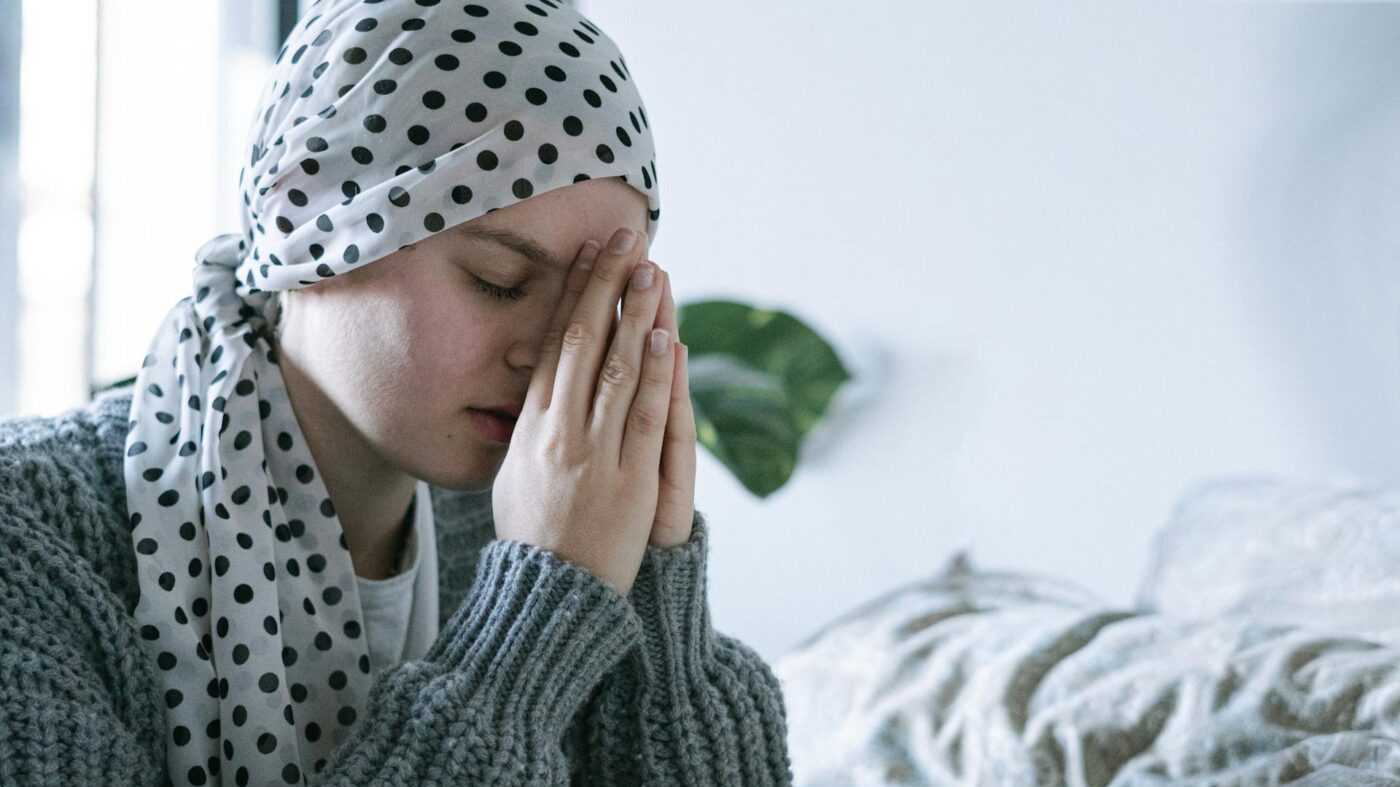Science
The Monk Who Saw the Future: Did an 11th-Century Benedictine Beat Astronomers?
17 February 2026

Is hope truly the mother of fools, as the popular saying goes? Could life be possible without hope? It is, after all, a natural experience to encounter various crises, to suffer setbacks, moments of doubt, or even failures. Hope is what allows us to rise and move forward in times like these. It provides strength. It helps one get back on their feet. However, where are the boundaries of hope? Perhaps it is easy to confuse it with naivety.
L. A. Seneca (4 BC – 65 AD), the great Roman philosopher, wrote: “Hope is like the world’s new morning, like a brand new beginning, as if nothing had happened before.” These words suggest that hope possesses immense power. Why? It serves as a crucial compass in the lives of people grappling with various problems and daily struggles. Often, it is the very force that salvages our existence. Many physicians emphasize the role of internal motivation, rooted in hope, in the healing process of the ill.
Psychologists and coaches argue that it is difficult to imagine pursuing any set goal without the hope of success. The sense of happiness is thus linked to fulfilled hope. I counted on something, expected something – and it materialized, so my hope was realized, resulting in satisfaction, pride, and joy. It is hard to envision human life devoid of hope.
However, if one were to ask what hope is and what it means in practice, providing a definitive answer might prove problematic.
We recommend: Alien Abductions. Capturing Imagination, Not Children
On the one hand, hope is undoubtedly associated with our openness and anticipation of the good. We do not, after all, expect failure, loss, or defeat. The object of our hope is invariably some form of benefit. We hope that upon completing our studies, we will find satisfying employment for which we have spent years preparing. When entering into a relationship, we hope to build a lasting bond on solid foundations that will weather the fiercest storms.
We hope our children will enjoy a better life than our own, and that we will create an easier existence for future generations than the one we experience. In cultivating lifelong friendships, we nurture the hope that in times of crisis, we will find support in those closest to us, who will bolster us when we are overwhelmed. This demonstrates that at the core of every human hope lies some good towards which we strive, or at least, which we deeply desire.
Hope, therefore, pertains to something positive. We hope for the fulfillment of certain values: fidelity, kindness, success, and love. We are aware that these may not come to pass, that life may steer our expectations in an entirely different direction, but precisely: we hope that this will not be the case.

It is important to note that not all humanistic philosophers have viewed hope as unequivocally positive. Consider the Greek philosopher Aristotle (384–322 BC), who explicitly linked hope with the experience of fear and saw it primarily in situations where evil must be avoided. He attributed hope mainly to young people. In his Rhetoric, he wrote about the young as being susceptible to illusions and thus “easy to deceive, for they readily hope”, while denying older people the right to hope, as they “live in memory rather than in hope; for the life that remains to them is short, but that which is past is long, and hope belongs to the future, memory to the past.”
Thus, a voice of balance might be found in the stance of René Descartes (1596–1650), the father of modern rationalism, who wrote in The Passions of the Soul about hope: it “carries our thought to the future […] not only […] [when we] desire to acquire some future good or avoid some future threatening evil but also […] [when we] desire to stay in one’s present state of having some good or lacking some evil.”
This approach presents a balanced understanding of hope, which on one hand strives for good and on the other defends against the presence of evil. On the one hand, in hoping, we anticipate joy, success, or victory. On the other, we may experience hope that shields us from failure, suffering, or misfortune.
During the recent Covid pandemic, most of us likely hoped not to fall ill. We hoped the disease would spare our loved ones. Families of soldiers involved in armed conflicts around the world hope their loved ones will return home safe and sound, thus hoping to avoid death or injury. These examples from our current times illustrate the power of hope, which, however, also takes as its reference point the tangible evils unfolding before our eyes.
We see that the very concept of hope is typically associated with attitudes, actions, feelings, and internal states. Yet, it always carries the risk of disappointment and failure. It seems that here lies the fine line between hope and naivety.
Hope can be viewed as the driving force of human life, helping to rebuild a home after a flood, thus serving as the principle of new creation. In this sense, hope can and should be equated with great courage and the readiness to undertake the effort and toil of starting anew. In this context, the Roman philosopher Seneca wrote about the human condition: “No one is prevented by the fall of a house from building another; when one home has been destroyed by fire, we lay the foundations of another before the site has had time to cool; we rebuild ruined cities more than once upon the same spots, so untiring are our hopes of success.”
However, considering Seneca’s example: how should we assess the situation when, after yet another flood affecting flood-prone areas, people rebuild their homes there, hoping the tragedy will not recur? How should we view those who place their hope in modern-day shadow banks and other dubious institutions offering loans at interest rates many times higher than those of traditional banks? The term “naivety” seems to carry very negative connotations in our language, associated – at best – with gullibility, excessive sincerity, lack of discernment, or simplicity.
Yet, from daily observations and sometimes – unfortunately – from our own experiences or those of our loved ones, we know that the consequences of such an approach can be tragic. How often do we later hear explanations: “because I believed…”, “because I hoped”, “because I trusted”. Everyday practice demonstrates that there may be a very small gap between optimism and naivety.
We recommend: Parenting as a Catalyst For Growth. How Children Shape Better Fathers

How can we address this? Where can we find a solution, or a kind of defense against unnecessary disappointment, pain, and sometimes real life’s dramas? It seems that a certain amount of reason and common sense are necessary to distinguish optimism from ignorance. Before making a decision, it is worth asking: in whom or what am I placing my hope? Is this a credible source worthy of trust? Has anyone I know tested this path? Whom can I consult to ensure certainty?
It is important to understand that naivety often stems from a lack of (life, emotional or intellectual) maturity. From a tendency to idealize others or situations, from poor understanding of realities. Or even from our often unconscious expectations, needs, and desires. It takes little in such cases to make a cardinal mistake.
Excessive trust or poorly developed analytical skills also hinder proper situational assessment. While hope is vital and sometimes essential for enduring difficult situations and finding inner strength, it is equally crucial to maintain awareness in every situation. In practice, this means not only the aforementioned realistic assessment of the circumstances. But also an understanding that not everything depends on our actions and that we do not have control over everything.
Translation: Klaudia Tarasiewicz
Read the text in Polish: Kiedy nadzieja zamienia się w naiwność?
Science
17 February 2026



Zmień tryb na ciemny